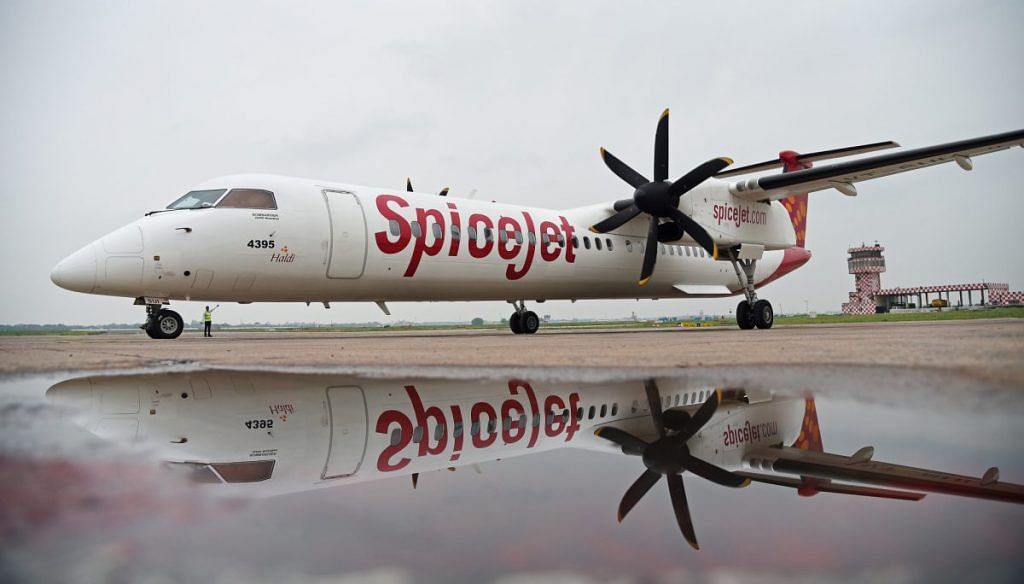Airlines using bio-fuels can fulfil Modi’s goal of cutting 10% of oil imports by 2022 and make it affordable for more Indians to fly.
SpiceJet Ltd. Monday completed its maiden flight using a blend of aviation fuel and oil from jatropha seeds, furthering Prime Minister Narendra Modi’s push for greater use of alternative resources to cut India’s dependence on oil imports.
A Bombardier Q400 aircraft made the one-way trip to New Delhi from the city of Dehradun, about 200 kilometers (124 miles) from the capital. The private airline plans to blend a quarter of its energy requirement with bio fuel for flight operations, that would lower costs and help reduce carbon emissions by 15 per cent, SpiceJet said Monday in a statement.
Airlines worldwide are seeking to power more flights with bio fuel to limit their dependency on oil and ease the impact on the environment. Using bio fuels will help Modi’s goal of cutting oil imports by 10 per cent in next four years and increase the affordability of flying for India’s emerging middle class.
India is expected to become world’s third-biggest aviation market by 2025 on the back of a domestic-travel boom. That is leading to fierce competition and a bruising fare war. Bio jet fuel has the potential to halve the fuel cost of every flight and bring down fares, SpiceJet said.
The government has introduced a new policy that encourages bio fuel production from non-food feedstock such as solid and industrial waste and biomass. – Bloomberg
